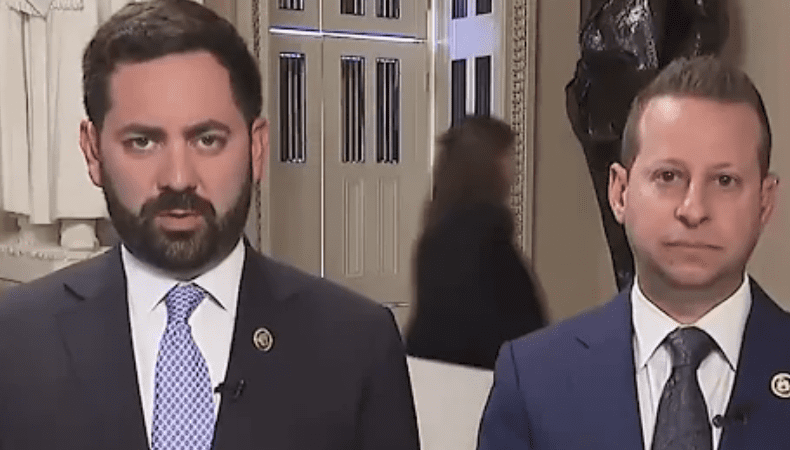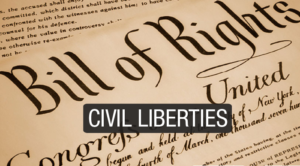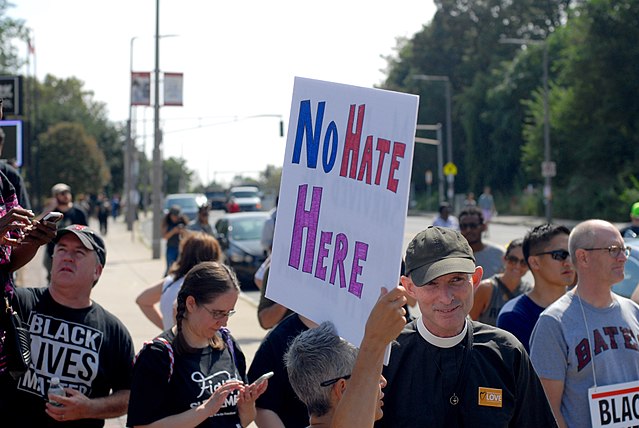
House Passes Tyrannical Anti-Free Speech Measure As Pro-Palestinian Protests Rage Across the Nation
The following article, House Passes Tyrannical Anti-Free Speech Measure As Pro-Palestinian Protests Rage Across the Nation, was first published on Big League Politics. On May 1, 2024, the United States House passed a bill that aims to crack down on alleged antisemitism on university campuses. This bill was passed at a time when pro-Palestinian protests have raged across the nation. The bill in question is the Antisemitism Awareness Act, which was introduced by New York Congressman Mike Lawler and was passed by a 320-91 vote. Only 21 Republicans — Kentucky Congressman Thomas Massie being the most prominent opponent of the measure — and 70 Democrats stood against the measure. The bill would mandate the Department of Education to use the International Holocaust Remembrance Alliance’s (IHRA) definition of antisemitism when implementing anti-discrimination laws. The organization defines antisemitism as “a certain perception of Jews, which may be expressed as hatred toward Jews”, while adding that “Rhetorical and physical manifestations of antisemitism are directed toward Jewish or non-Jewish individuals and/or their property, toward Jewish community institutions and religious facilities.” The organization lists several examples for what constitutes antisemitism, which includes calls for harming Jews in the name of a radical ideology or an extremist interpretation of a religion, and accusing Jewish individuals of fabricating or exaggerating the Holocaust. The vote occurred as pro-Palestinian protests on dozens of college campuses across the nation have gathered steam in recent days. Demonstrators occupied a building at Columbia University, which provoked a swift political response. Over 1,500 individuals have been arrested on university campuses nationwide since April 18, per a CNN report. The protesters have used chants and slogans such as “from the river to the sea, Palestine will be free” and have demanded their institutions divest from companies with connections to Israel. A select few progressive




